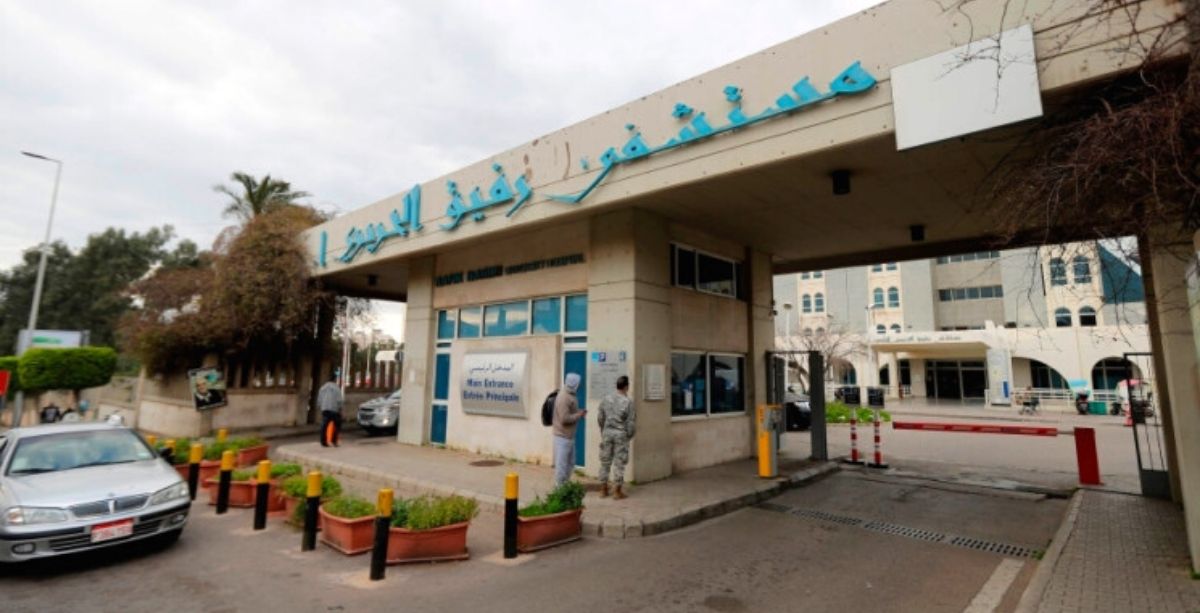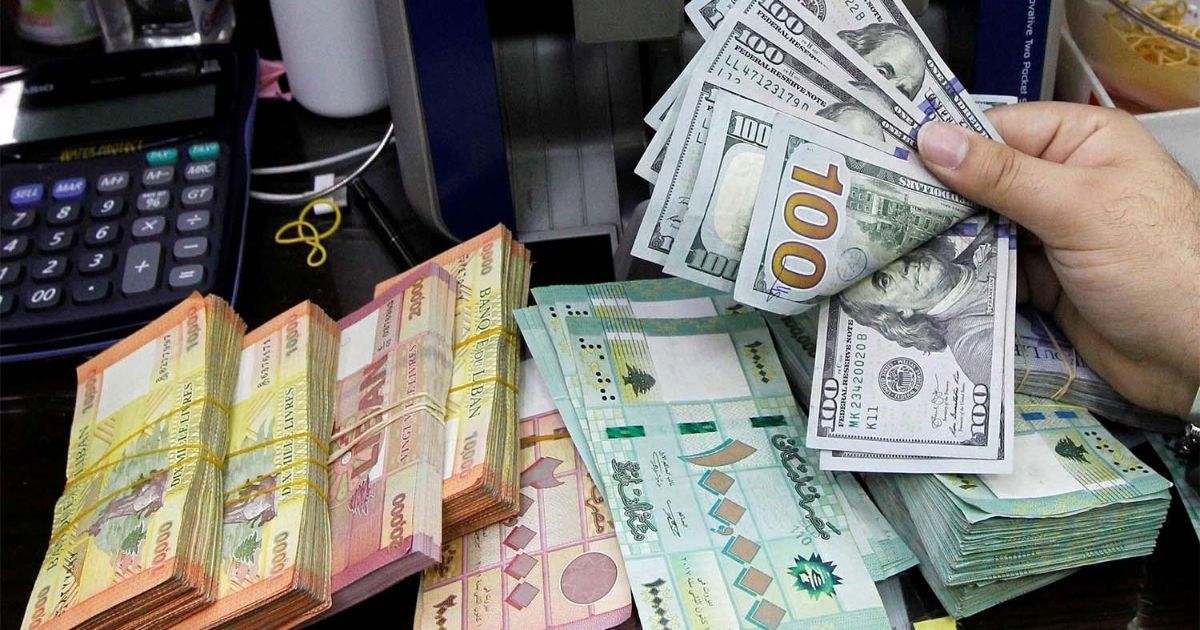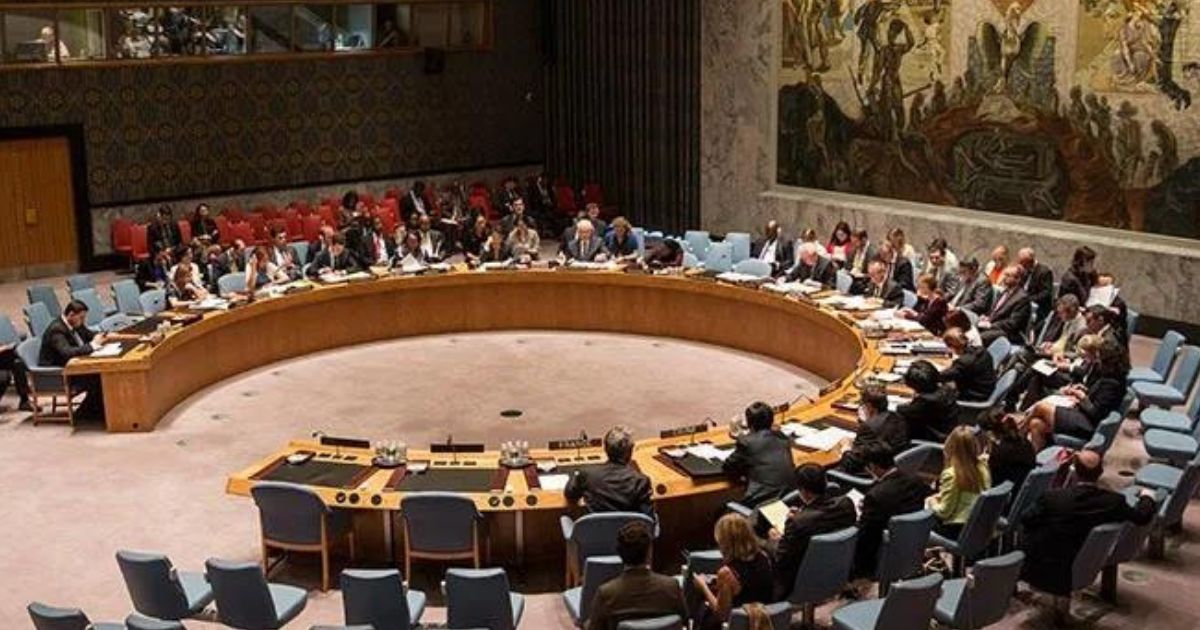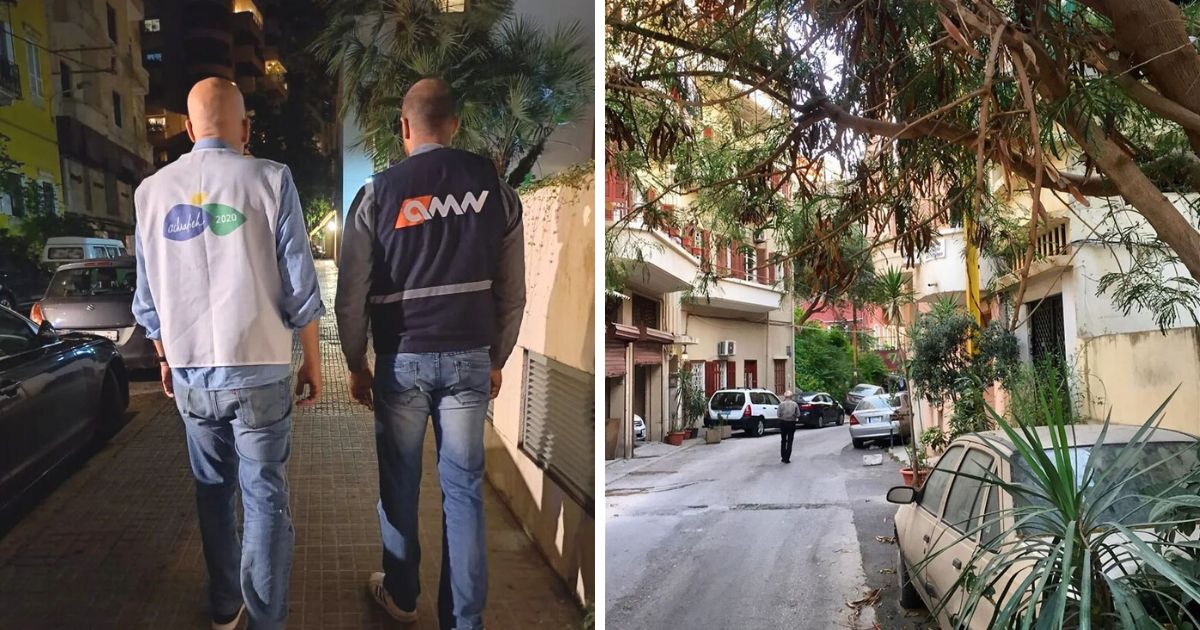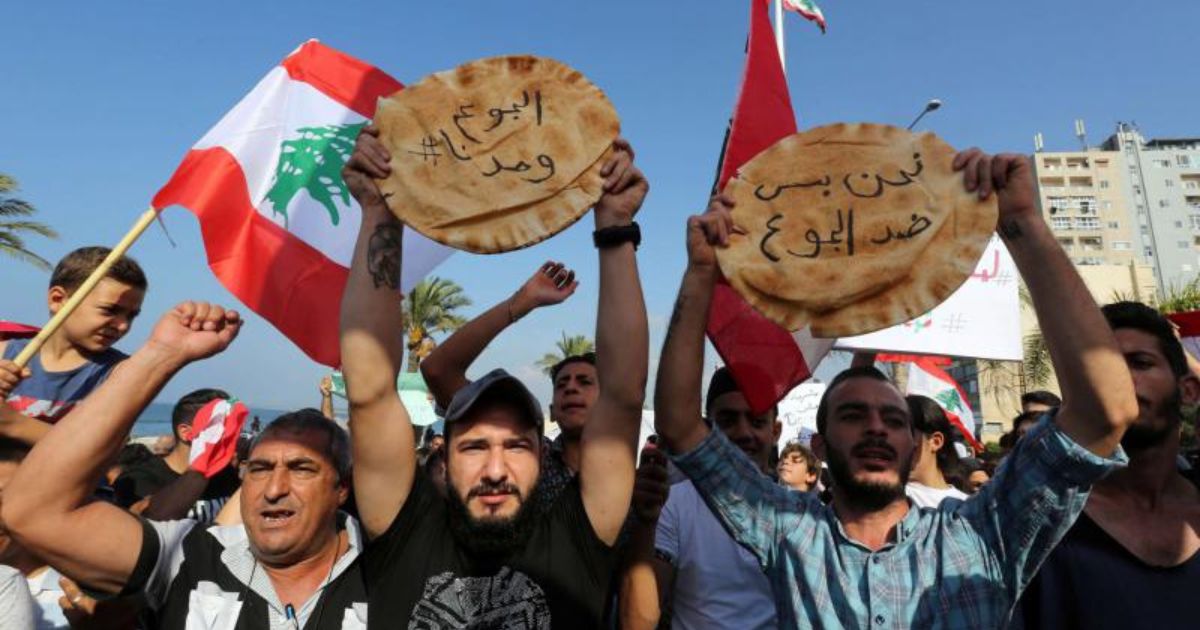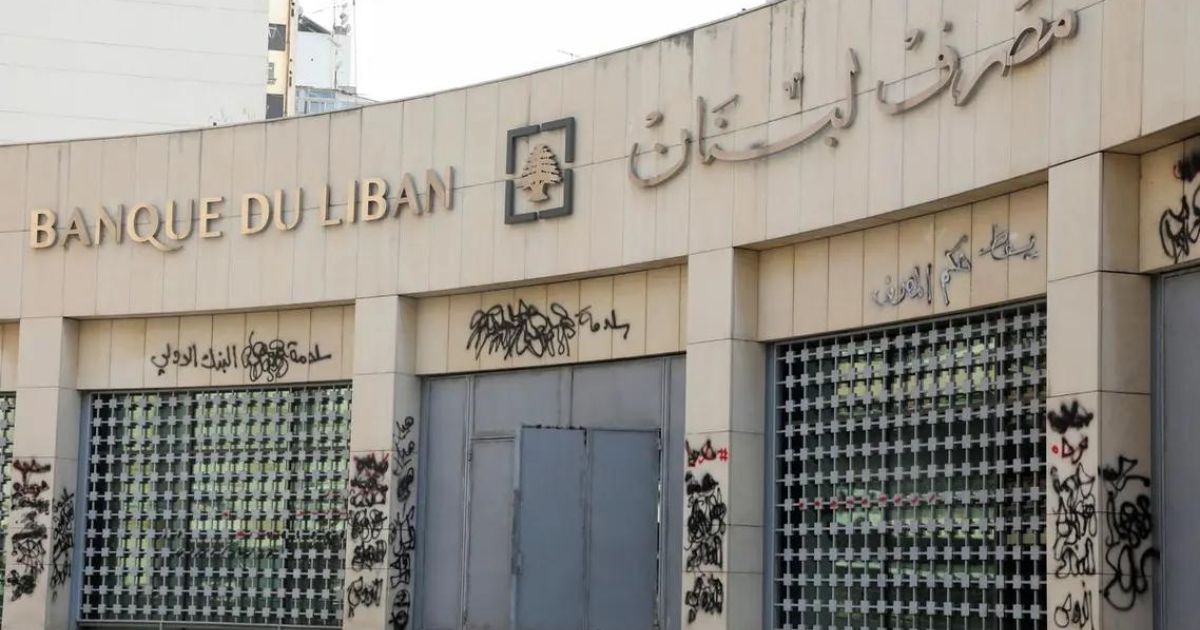The Association of Banks in Lebanon agreed on a set of temporary directives for commercial banks including a $1,000 cap on weekly withdrawals from U.S. dollar accounts, amid a worsening economic and political crisis.
This decision was made in November 2019 but was not taken seriously by the Lebanese banks, which persisted on a $200-300 cap on weekly withdrawals.
The November measures did not represent restrictions on the movement of money and came in consultation with Lebanon’s central bank.
Attention has been now drawn to the procedures that the Governor of the Lebanese Central Bank Riad Salameh intends to take, in agreement with the banks, and with some kind of political cover.
The procedures will be made amid exceptional powers granted to him by the Monetary and Credit Law, Article 174, stated in the Constitution of Lebanon.
One of the procedures is increasing the withdrawal limit from 200$ a week to 1000$, with emphasis on not exceeding 6000$ withdrawal a month.
Banks will also proceed to raise the dollar rate to 2000 LBP instead of the fixed 1515 LBP in order to keep the dollars in banks and to avoid the black market’s exploitation and monopolism.
The procedures will also stress on providing the necessary facilities to grant credits for the purchase and importation of food commodities such as sugar and rice, in addition to medical equipment and medicines, as well as tools and supplies for industry.
According to the Banks’ Association, this strategy is aimed as an attempt to revive the economy and production cycle, reduce unemployment, provide job opportunities for Lebanese youth, and reduce immigration.
The Association of Banks in Lebanon agreed on a set of temporary directives for commercial banks including a $1,000 cap on weekly withdrawals from U.S. dollar accounts, amid a worsening economic and political crisis.
This decision was made in November 2019 but was not taken seriously by the Lebanese banks, which persisted on a 200-300$ cap on weekly withdrawals. The November measures did not represent restrictions on the movement of money and came in consultation with Lebanon’s central bank.
Attention has been now drawn to the procedures that the Governor of the Lebanese Central Bank Riad Salameh intends to take, in agreement with the banks, and with some kind of political cover.
The procedures will be made amid exceptional powers granted to him by the Monetary and Credit Law, Article 174, stated in the Constitution of Lebanon.
One of the procedures is increasing the withdrawal limit from 200$ a week to 1000$, with emphasis on not exceeding 6000$ withdrawal a month.
Banks will also proceed to raise the dollar rate to 2000 LBP instead of the fixed 1515 LBP in order to keep the dollars in banks and to avoid the black market’s exploitation and monopolism.
The procedures will also stress on providing the necessary facilities to grant credits for the purchase and importation of food commodities such as sugar and rice, in addition to medical equipment and medicines, as well as tools and supplies for industry.
According to the Banks’ Association, this strategy is aimed as an attempt to revive the economy and production cycle, reduce unemployment, provide job opportunities for Lebanese youth, and reduce immigration.
It has also been confirmed that the idea of a financial “haircut” will be dismantled completely.
Political sources confirmed that “the focus today is on anticipating the monetary measures that will be of some comfort to the Lebanese people in many serious ways, even if they do not bring complete solutions, because, in the end, Lebanese people should be able to access their money freely.”
Meanwhile, the governor of Lebanon’s Central Bank (BDL), Riad Salameh, is seeking to legalize the coercive and illegal capital control measures of the banks to protect them from prosecution. He is now claiming these measures “necessary.”
It has also been confirmed that the idea of a financial “haircut” will be dismantled completely.






